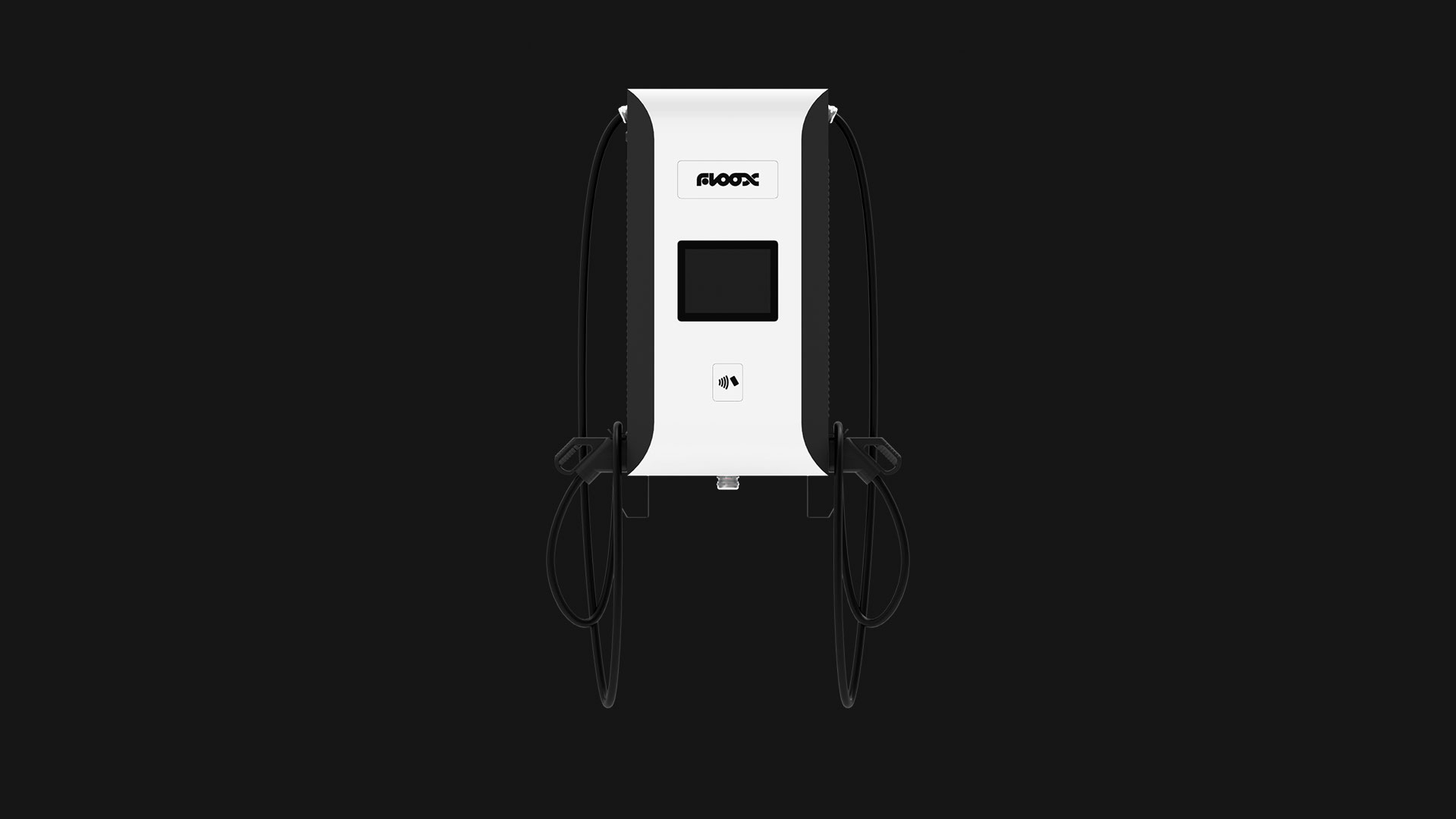
The demand for fast and ultra-fast chargers for electric vehicles (EVs) continues to grow as electric mobility expands globally. However, choosing the right charging infrastructure is crucial to ensuring efficiency, reliability, and profitability.
There are two main configurations available on the market:
All-in-one (standalone) solutions, where each charger operates independently.
Power rack + satellite solutions, where a central “power rack” distributes energy to multiple satellite units that lack their own power electronics.
In this article, we analyze the characteristics, advantages, and considerations of each option to help charging station operators determine which one best suits their needs.
Differences Between All-in-One and Power Rack + Satellite Solutions
What is an all-in-one charger?
All-in-one chargers integrate all components into a single unit: power electronics, management system, and connectors. They are standalone, making installation and maintenance easier, and they are designed to provide efficiency and reliability.
What is a power rack + satellite system?
In this model, a central power rack supplies energy to multiple satellite stations, which only have the user interface and connectors. This system can be suitable for high-capacity charging stations, but it also involves certain considerations in terms of infrastructure and maintenance.
Comparison Between Both Options
Below are some key differences between these charging models:
| Criterion | All-in-One | Power Rack + Satellites |
|---|---|---|
| Ease of installation | Requires less infrastructure | More complex installation |
| Infrastructure costs | Generally more affordable | Higher initial investment |
| Maintenance | Managed per individual unit | Can affect multiple charging points |
| Scalability | Flexible expansion | Depends on power rack capacity |
| Reliability | Localized failures, less impact | Power rack failures can affect multiple stations |
| Location flexibility | Can be installed anywhere | Requires centralized planning |
The all-in-one solution can offer easier installation and less dependence on centralized infrastructure.
The power rack + satellite system can be advantageous in scenarios where shared power management optimizes energy usage.
In terms of maintenance, the all-in-one model allows for resolving failures without impacting other stations, while the power rack may require more complex repairs if the central system encounters issues.
Customer Testimonial
“We chose all-in-one charging infrastructure because it allows us to optimize operational costs and enhance our customers’ experience. Selecting the right model has been key to our growth.“
Find the Ideal Solution
Both solutions offer advantages depending on the type of operation and the specific needs of each location. While all-in-one chargers excel in terms of flexibility and maintenance, power rack + satellite systems can be useful for environments with high demand and centralized energy management.
Find the ideal solution for your business!
If you are considering installing fast or ultra-fast chargers, contact us today for expert advice and to discover which solution best fits your needs.




